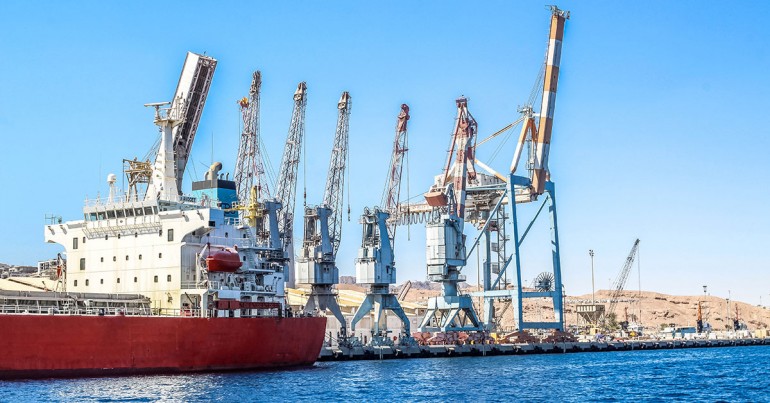
Incoterms are primarily a set of three letter codes which define trade terms related to roles and responsibilities of businesses involved in a shipping or sales relationship. They form what can be described in simple terms as a “guide to Who Does What” in terms, for example, of freight and insurance under the terms of a shipping contract.
Discover how you can save money on international transfers by using CurrencyTransfer.com
The full list of Incoterms can be found here but since there are several that are rarely used despite the ICC performing regular revisions, below are the most common and frequently used.

Most of the “heavy lifting” falls upon the exporter as he must produce the goods to be shipped, deal with a freight forwarder, confirm the shipment date and vessel with his customer, and comply with the terms of both the sales/shipping contract and the inevitable letter of redit.
The importer must apply for a letter of credit from his bank, transpose the terms of the contract onto his application, contact a freight forwarder in his own country, preferably in the port where it has been agreed the goods will arrive, and possibly (depending on the terms of the shipping contract) arrange insurance.
It is part of the terms of the shipping contract that incoterms come into play and it is vital that who pays for what is fully understood.

Common Incoterms
The three most common are FOB (Free on Board) Incoterms, CFR (Cost and Freight) Incoterms and CIF (Cost Insurance and Freight) Incoterms:
FOB incoterms
This means that the exporter pays all cost up to and including the loading of the goods onto the vessel for shipment. The buyer then is responsible for the cost of shipment, insurance and all costs in country of arrival.
CFR incoterms (often referred to as C&F)
If this incoterm is used in the sales contract, the seller pays for all carriage costs up to and including arrival at the port of import. Importantly, the buyer remains responsible for the insurance of the goods.
CIF incoterms
This is a comprehensive package where the seller is entirely responsible for the goods until the arrive in the destination port.

Insurance
Banks issuing letters of credit will always want to know who is responsible for insurance of the goods. In the cases of FOB or CFR, they will want to see an insurance document from the importer before issuing the letter of credit. If the Incoterm used is CIF, then a valid insurance document will form part of the documents required to be presented under the terms of the letter of credit.
By far, the most commonly used Incoterm is CFR since most importers pay an annual premium to insure everything they import. The policy will have several exclusions as to vessel flag, port of embarkation, and other parameters.
More unusual incoterms are DFR (delivered at frontier) which covers land transportation (now discontinued by the ICC although still used) and DDP (delivered duty paid) which often covers goods that attract a high level of excise like dangerous items and military equipment.
Incoterms are a reference point for exchange of risk as much as “who pays what”. The following chart shows who is at risk under the three most common incoterms.
| Incoterm | FOB | CFR | CIF |
|---|---|---|---|
| Seller | Seller | Seller | Seller |
| Carrier | Seller | Seller | Seller |
| Port | Seller | Seller | Seller |
| On-board | Seller | Seller | Buyer |
| Buyer’s Facility | Buyer | Buyer | Buyer |
| Buyer | Buyer | Buyer | Buyer |
Get the best currency transfer rates for import/export with CurrencyTransfer.com.

About Alan Hill
Alan has been involved in the FX market for more than 25 years and brings a wealth of experience to his content. His knowledge has been gained while trading through some of the most volatile periods of recent history. His commentary relies on an understanding of past events and how they will affect future market performance.”



